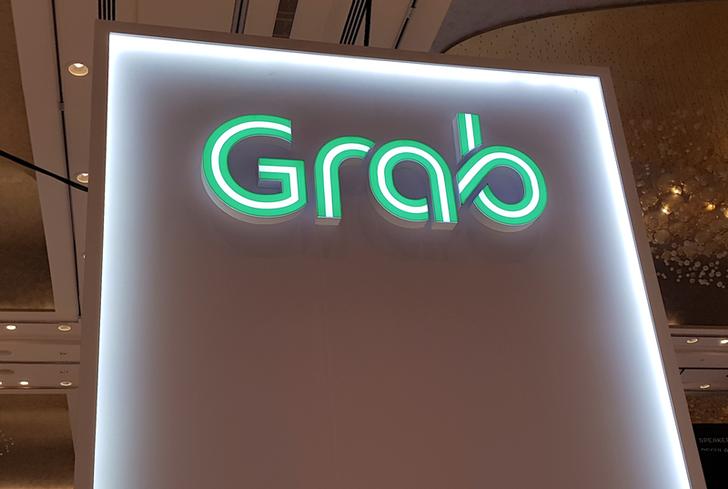Grab’s $40 Bln Debut Comes With Twin Airbags
Silicon Valley investor Altimeter Capital has sketched a handy roadmap for speeding hot Asian technology companies to overseas public markets. Southeast Asian ride-hailing-to-delivery-to-payments group Grab is listing in New York via a combination with a blank-cheque firm. It’s the largest so-called SPAC merger, with a structure that cushions the SoftBank-backed company’s amped-up $39.6 billion equity valuation.
Bankers have been scratching their heads over ways to introduce U.S. investors to fast-growing companies from a relatively unknown region. One approach is to assign conservative growth forecasts and valuations. That’s what RMG Acquisition Corp II, led by Riverside Management’s Jim Carpenter, did in February with its $4.4 billion purchase of India’s ReNew Power, one of the few such sizeable deals thus far from Asia.
Altimeter’s route is different. It values the Singapore-based group’s loss-making business, minus cash, at a generous 13 times its own estimate for 2021 sales, a multiple twice that of peer and backer Uber Technologies. The number looks only slightly better against Sea, a $120 billion e-commerce-to-games-to payments giant, also based in Singapore, that trades at 14 times sales in New York. Grab expects its revenue to grow at a stunning compound annual rate of 42% between now and 2023.
However, A-list investors like Singapore’s Temasek, BlackRock and Fidelity coming into the Grab transaction through a $4 billion private placement of shares can take some comfort. Altimeter is contributing almost one-fifth of the placement and will backstop any redemptions from the SPAC to the tune of $500 million. It has also volunteered to a three-year lockup for some of its shares, three times the norm. Together, those moves inject more credibility to Grab’s bullish forecasts.
Even so, the valuation piles the pressure on co-founder and Chief Executive Anthony Tan. By Grab’s own EBITDA yardstick, its ride-hailing business is already profitable, and it expects its delivery operations, serving a region with a population twice that of the United States, to break even later this year. Tan’s challenge is to do the same in fintech as it expands beyond simple payments to insurance, wealth management and loans. He also needs to ensure competition against Gojek in Indonesia doesn’t burn cash. Having bought into a premium valuation, investors need him to keep his eyes on the road.
All names and marks owned by Thomson Reuters, including "Thomson", "Reuters" and the Kinesis logo are used under license from Thomson Reuters and its affiliated companies.




